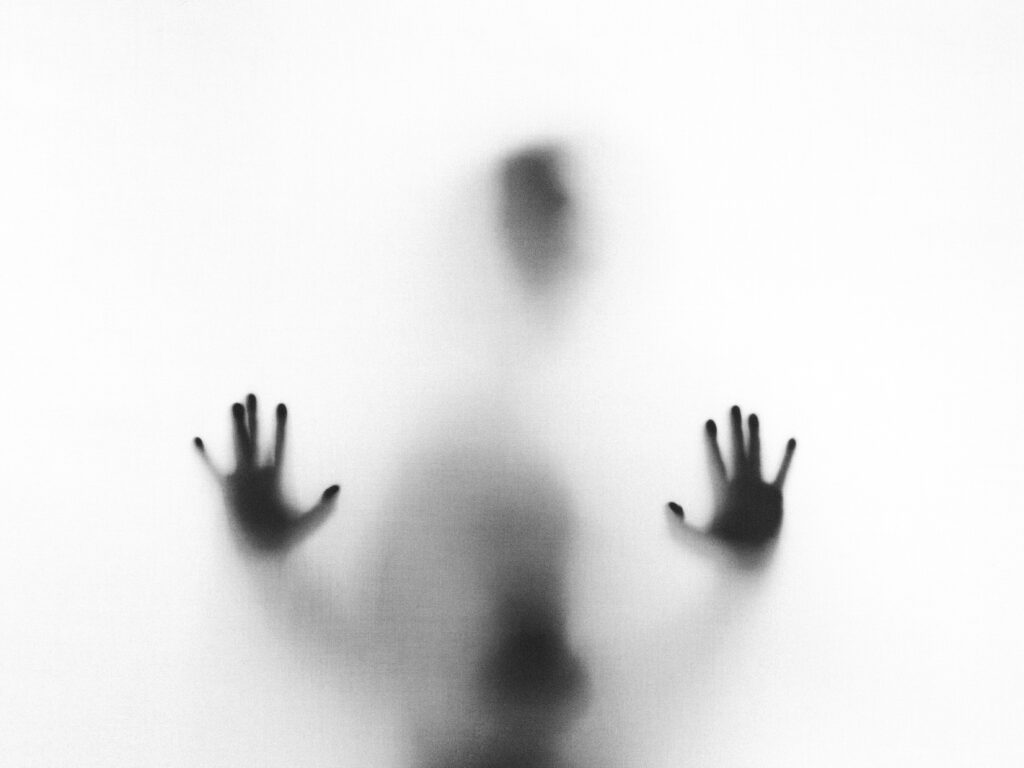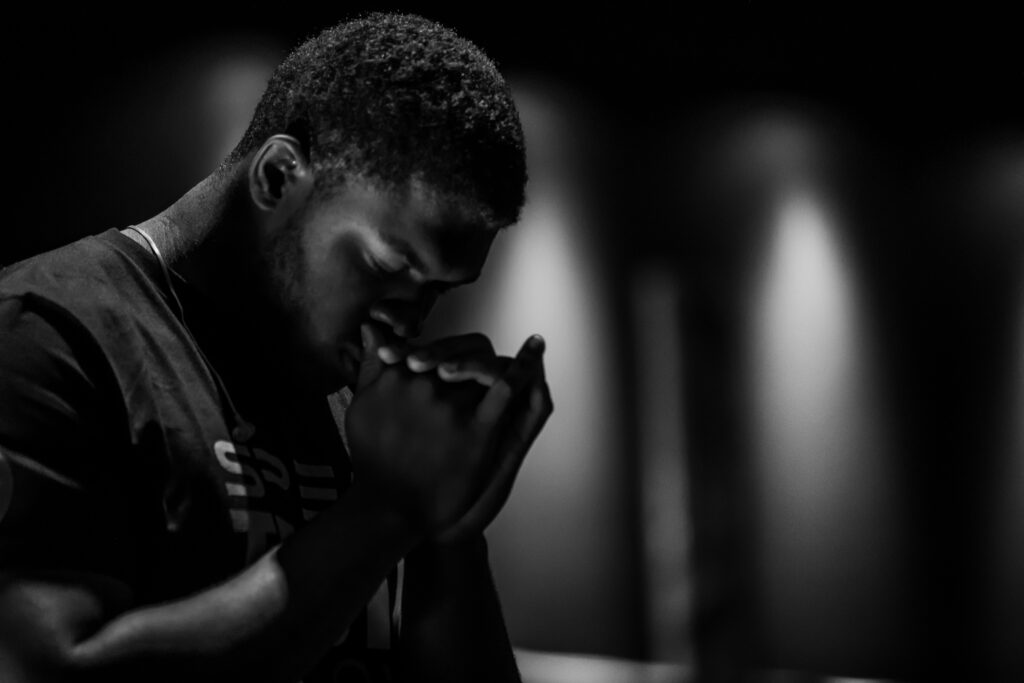Last Updated on August 25, 2023
In moments of facing serious medical conditions or the loss of a loved one, it’s natural for contemplations of mortality to arise. However, for some individuals, these contemplations evolve into a distressing fear known as thantophobia. This article delves into thantophobia, its origins, impact, potential strategies for managing, symptoms, risk factors, the diagnosis process, as well as coping mechanisms to empower individuals in dealing with this challenging fear.
What is Thantophobia? Unveiling the Fear of Losing Loved Ones
Thantophobia, characterized by intense anxiety surrounding death, the dying process, and the potential loss of cherished individuals, can significantly impact one’s quality of life. Individuals afflicted by thantophobia experience persistent panic, worry, and negative thought patterns that can hinder their ability to function normally. While thantophobia lacks specific diagnostic criteria, its symptoms often align with those of generalized anxiety disorder.
Derived from the Greek words “thanato” (death) and “phobia” (fear), the term “thantophobia” encapsulates the fear of death. This fear is also referred to as “thanatophobia.” These terms serve as linguistic mirrors to the emotional apprehensions individuals experience when contemplating mortality and the loss of loved ones.
Definition of thantophobia is the fear of death and loss, causing intense anxiety and persistent panic, worry, and negative thought patterns, akin to generalized anxiety disorder.

Vulnerability Across Demographics
Thanatophobia is a fear that can affect individuals regardless of age or gender. Typically, its prevalence peaks during one’s twenties, gradually subsiding over time. The elderly population, especially those facing declining health or the natural aging process, are particularly vulnerable to thantophobia. Furthermore, individuals with aging parents might grapple with this fear as they observe signs of their parents’ advancing years. Additionally, those diagnosed with severe or life-limiting medical conditions might confront thantophobia as they confront their own mortality.
Phobias, including thantophobia, often arise from a complex interplay of intrinsic predispositions and external triggers. These triggers can often be traced back to traumatic experiences during childhood. The convergence of brain chemistry, genetics, hereditary factors, and life events collectively contribute to the development of thantophobia.
Thanatophobia affects all ages, peaking in the twenties, and is particularly relevant to the elderly, those with aging parents, rooted in childhood trauma, genetics, and life events.

Recognizing the Signs
Thantophobia‘s impact is amplified when thoughts gravitate towards death-related topics. Physically, individuals may experience heightened anxiety, recurring panic attacks, dizziness, profuse sweating, nausea, and heart palpitations. Emotionally, thantophobia can engender persistent worry, leading to avoidance of responsibilities and strained relationships. Feelings of agitation, sadness, guilt, and anger are also common emotional responses.
Recognizing thantophobia entails heightened anxiety, physical symptoms like panic attacks, and emotional responses triggered by thoughts of death.

Risk Factors for Thantophobia
While thantophobia can affect individuals from all walks of life, certain factors can heighten one’s vulnerability to this fear:
- Age and Life Transitions: Thantophobia tends to peak during a person’s twenties, but it can persist into older age groups. Major life transitions, such as entering adulthood or facing retirement, can trigger existential thoughts about mortality.
- Personal Experience with Loss: Individuals who have previously experienced the loss of a loved one, especially at a young age, might develop a heightened fear of future losses.
- Health Conditions: Those diagnosed with serious or life-limiting health conditions may confront their mortality more directly, sparking fears about their own passing or the potential loss of others.
- Caregiver Role: People responsible for aging parents or individuals with health challenges might develop thantophobia due to witnessing the aging process and potential decline of their loved ones.
- Trauma: Childhood experiences involving death, such as the loss of a family member, friend, or pet, can contribute to the development of thantophobia in later years.
Diagnosing Thantophobia
Unlike some other phobias, thantophobia does not have distinct diagnostic criteria within mental health classifications. Instead, its symptoms are often associated with generalized anxiety disorder (GAD) due to the commonality of intense worry and panic. Diagnosing thantophobia involves clinical assessment, differential diagnosis, exploration of triggers, and severity assessment.
Navigating Thantophobia: Insights and Empowerment
Anxiety disorders, including thantophobia, are prevalent worldwide. Approximately 18% of adults in the United States experience an anxiety disorder annually. Among these, fears related to death and loss contribute to the psychological burden.
Treatment trends emphasize the effectiveness of psychotherapy, particularly Cognitive Behavioral Therapy (CBT), in managing anxiety disorders such as thantophobia. CBT equips individuals with coping mechanisms to challenge negative thought patterns and address underlying fears.
Diagnosing thantophobia links symptoms to generalized anxiety disorder, while treatment, especially CBT, addresses underlying fears amid widespread anxiety disorders related to death and loss.

Coping Mechanisms: Empowering Individuals
- Mindfulness Practices: Techniques such as meditation and deep breathing can help individuals manage anxious thoughts and emotions related to thantophobia.
- Cultivating Resilience: Building emotional resilience through positive affirmations and self-care strategies can foster a more balanced response to fears.
- Seeking Support: Engaging with support groups, therapy, and sharing feelings with loved ones can provide a sense of connection and understanding.
- Education: Learning about the nature of death, grief, and the normal process of losing loved ones can demystify fears and promote acceptance.
- Gradual Exposure: Under the guidance of a mental health professional, gradual exposure to death-related thoughts can help desensitize the fear over time.
Embracing Understanding and Coping
Thanatophobia, the fear of losing someone you love, is a genuine emotional response that can significantly impact an individual’s well-being. While its origins are complex, and its effects can be distressing, there are avenues to alleviate its grip. Through a combination of psychotherapy, cognitive restructuring, potential medication, understanding of symptoms and risk factors, insights from general information, statistics, trends, and empowering coping mechanisms, individuals can learn to manage thantophobia and lead more balanced, fulfilling lives. Recognizing that this fear is a natural response opens the door to understanding, acceptance, and ultimately, healing.








